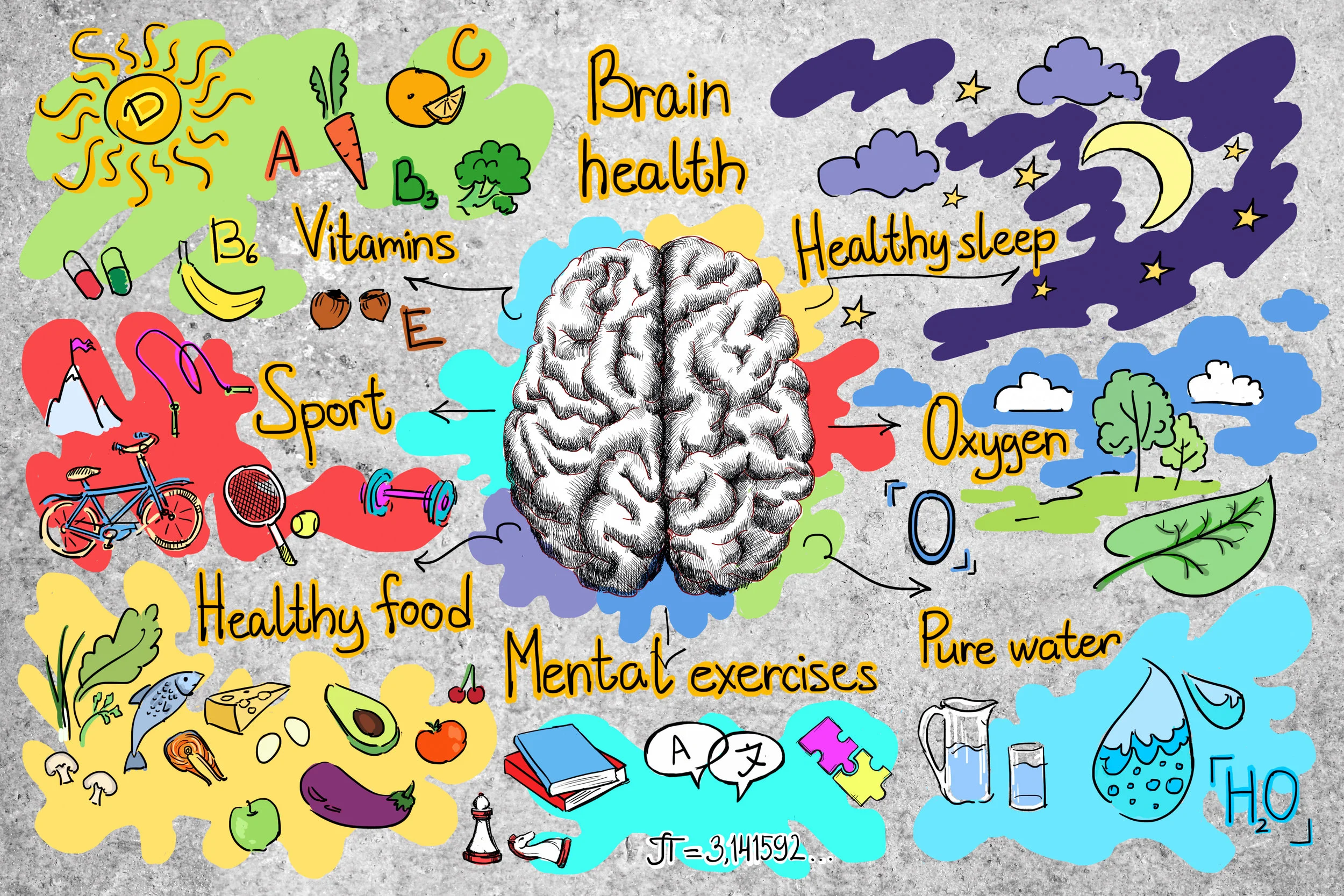Studies showcasing the various physical benefits of different types and intensities of exercise are plentiful. Reduced risks of various health issues, improved sleep…but the mental benefits may not be as well touted or known, even though a recent University of British Columbia study suggests that they might be significant.
The study[i], conducted by observing older adults, indicates that certain types of exercise can improve memory, problem solving, and decision making. Images taken after exercise show increased neural activity in the areas of the brain associated with these functions, providing one physical clue for the connection.
The type of exercise also seems to be relevant; research comparing the efficacy of cardiovascular exercise and weight training in these brain improvements shows better results with strength training; only weight lifting made a difference in the areas of memory and executive function.
Weight lifting as little as once or twice a week is suggested (by the University of BC blog) to prevent worsening symptoms in older adults who are already showing signs of mental decline, and if you’re looking to shore up your executive function before it begins to fade, a strength training regimen would seem to be in order.
If you’re seeking better sleep, however, you may want to look to cardio; another study[ii] found that four months of amped up aerobic activity improved the sleep quality of the test group (insomnia sufferers), and reduced depression and daytime drowsiness.
The mental advantage you can receive from getting better sleep is no small matter—your brain needs it to form and maintain pathways that govern memory, among other things. Exercising to improve it can result in greater mental clarity, although you shouldn’t exercise immediately before bed; try to allow a few hours to let your body wind down.
To make a long story short, you can gain a myriad of benefits from exercise, and depending on your particular challenge—a need for better sleep, or concerns about mental decline as you age—you can gear your activity to your concern; weight lifting for better executive function, or cardio for better sleep.
Or if you prefer to be in the better-safe-than-sorry camp…cross train for an all-around better brain.
[i] https://news.ubc.ca/2014/02/06/how-exercise-can-boost-brain-power/
[ii] https://www.ncbi.nlm.nih.gov/pmc/articles/PMC4341978/


